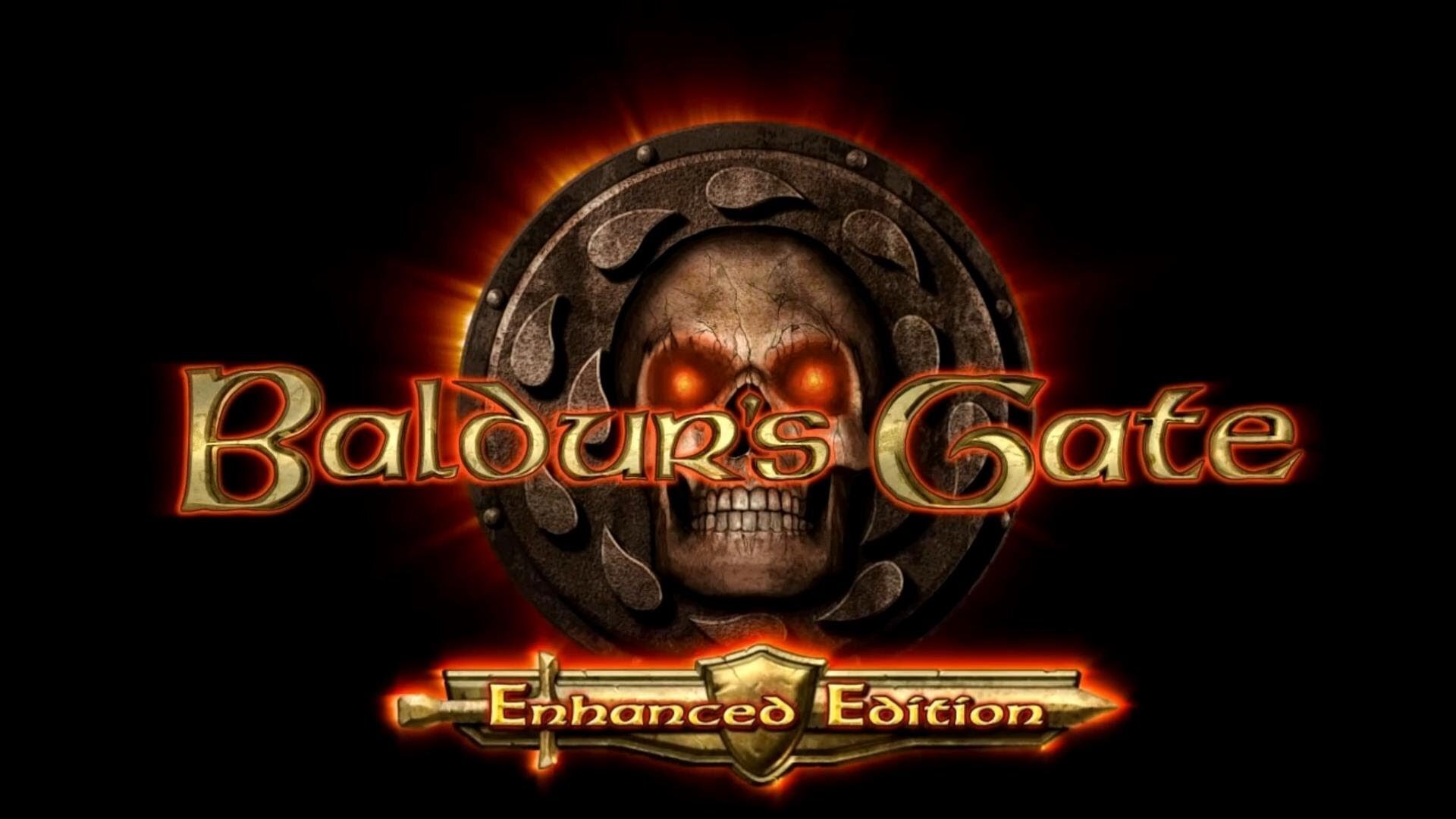Mental Health in the Sword Coast

Four years ago, Eris Lis, M.D., began writing a series of brilliant posts on RPGs through the eyes of a medical professional. Following is the first of them, which appeared here on Dec. 8, 2012.
One thing that I've been doing in the past week, during my limited and often elusive free time, is slowly playing through Baldur's Gate: Enhanced Edition, the new re-release of the classic videogame I remember playing with tremendous joy more than ten years ago. I won't get into a review of BG:EE here; if you want to know whether it's good, you're probably on the wrong website, let alone the wrong column. What I will say about the game is this: the portrayal of insanity is making me think a lot more now than it did way back when.
See, there's something I find very striking about BG:EE: there are a lot of (apparently) crazy people in it. I don't think this has changed much from the original, although if anything, there have probably been even more crazy characters added. Starting from Xar, one of the first available party members that the player has a chance to pick up, to Minsc and Tiax (certainly the two characters I remembered most vividly from my first play through), to any number of NPCs who seem to hear voices, speak frequently to imaginary friends, or simply behave in an odd and erratic fashion, the Sword Coast would seem to be overflowing with the mentally ill. Your character doesn't necessarily show a great deal of sensitivity about this, either; as you wander the land chasing down the Iron Throne, your dialogue options seem to constantly give you the chance to call people crazy in various forms, generally as a means of blowing them off and getting rid of them. As it happens, *my* BG:EE character shows quite a lot of sensitivity towards these people, but a lot of the speech options are, to say the least, politically incorrect.
Now, I don't expect mental disorders to be accurately depicted in videogames. I take it as a given that in most forms of media, be it games, movies, or novels, insanity is used as a plot device or as an excuse to have characters do unexpected things. I accept this and live with it, just as I've learned to live with every other scientific inaccuracy that constantly shows up in popular culture. Yes, it makes me wince every time I'm watching a movie and someone starts looking at DNA under a microscope, but it doesn't make me turn off the movie, and I won't stop playing BG:EE just because mental disorders aren't depicted realistically. Still, it's constantly at the back of my mind as I play a game like this: this is how mental illness gets depicted, which likely means that this is what the writers and programmers really think mental illness really looks like, and this is what kids playing the game are going to be taught that mental illness looks like. I love Tiax, but it's still sort of intellectually offensive.
So, here's just a short list of some of the things Baldur's Gate gets wrong about "crazy" people.
1) Visual hallucinations are extremely rare in mental illness. The presence of visual hallucinations is enough to make a psychiatrist question the diagnosis of a mental disorder and start looking for a medical cause.
2) In all my years working with the mentally ill, I have never seen someone talk about themselves in the third person. At least, I've never seen the patients doing it... I have known a few physicians with the habit, but that's something else entirely.
3) Mental disorder seldom, if ever, makes people talk in funny voices. This seems to be one of the most common symptoms in the BG:EE universe. If someone who seems crazy does talk in a funny voice, they're generally deliberately putting on a show and trying to get something out of it.
Of course, I have to admit that if you're going to play a game filled with wizards and wyverns, the game's portrayal of schizophrenia is probably the least problematic thing you have to deal with as far as suspension of disbelief goes.
Dr. Eric Lis is a physician, gamer, and author of the Skirmisher Publishing LLC OGL sourcebook Insults & Injuries, which is also available for the Pathfinder RPG system.






